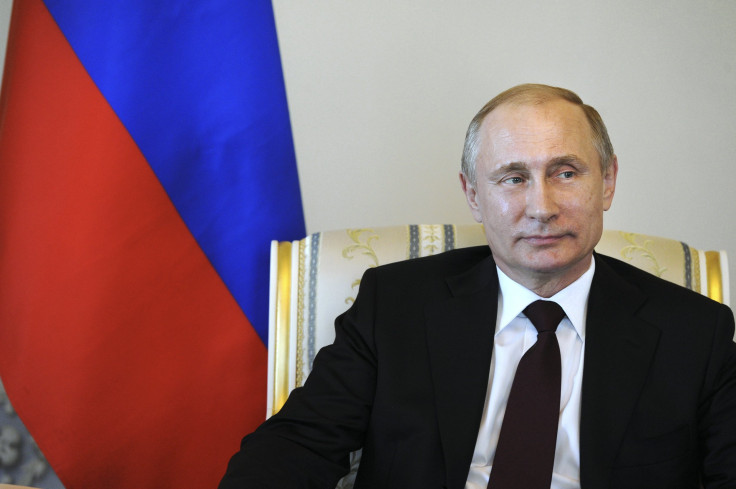Russia Won't Return Crimea To Ukraine Despite Threat Of Continued Sanctions, Kremlin Says

Russia reiterated Tuesday it will not return Crimea to Ukraine, one year after its much-criticized annexation of the region despite objections from Western leaders. The United States and European Union have each said they will not lift economic sanctions against Russia unless Crimea was returned to Ukrainian control.
“There is no occupation of Crimea. Crimea is a region of the Russian Federation and of course the subject of our regions is not up for discussion,” Kremlin spokesman Dmitry Peskov told reporters Tuesday, according to Reuters.
Russia annexed Crimea in March 2014 following the disputed results of a referendum and one month after Russian soldiers entered the peninsula to quell unrest that forced pro-Russia former Ukrainian President Viktor Yanukovych to resign. Russian President Vladimir Putin said 97 percent of Crimean citizens had voted to join Russia, though many in the international community disputed the referendum’s alleged results.
The annexation of Crimea led to an ongoing conflict between pro-Russian separatist rebels and pro-government Ukrainian forces, resulting in the deaths of more than 5,800 people since last summer. Western leaders have accused Russia of providing the rebels with direct and logistical support, and both the United States and the European Union instituted economic sanctions as punishment. A U.S. State Department spokeswoman and EU foreign policy chief Federica Mogherini each reiterated this week that sanctions will remain intact so long as Russia continues to control Crimea.
Despite international outrage, support for Putin has increased since Russia’s annexation of Crimea. Recent polls found Putin’s approval rating at between 80 percent and 90 percent.
Putin said in a documentary that aired Sunday that he was “ready” to place Russia’s nuclear weapons on standby if other nations attempted to interfere in Crimea’s annexation. He added the military intervention was enacted in part to save Yanukovich’s life, according to Reuters.
“Of course it wasn’t immediately understandable [what the reaction would be to Crimea’s annexation]. Therefore, in the first stages, I had to orient our armed forces. Not just orient, but give direct orders,” Putin said.
© Copyright IBTimes 2024. All rights reserved.






















